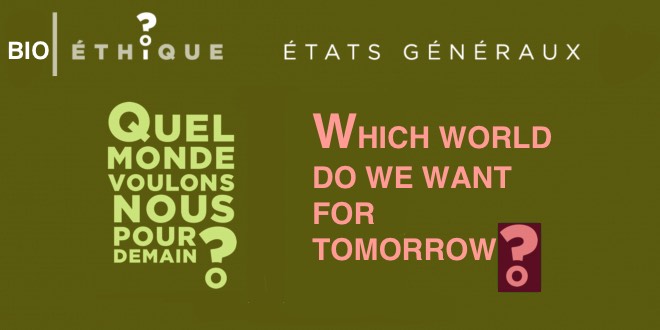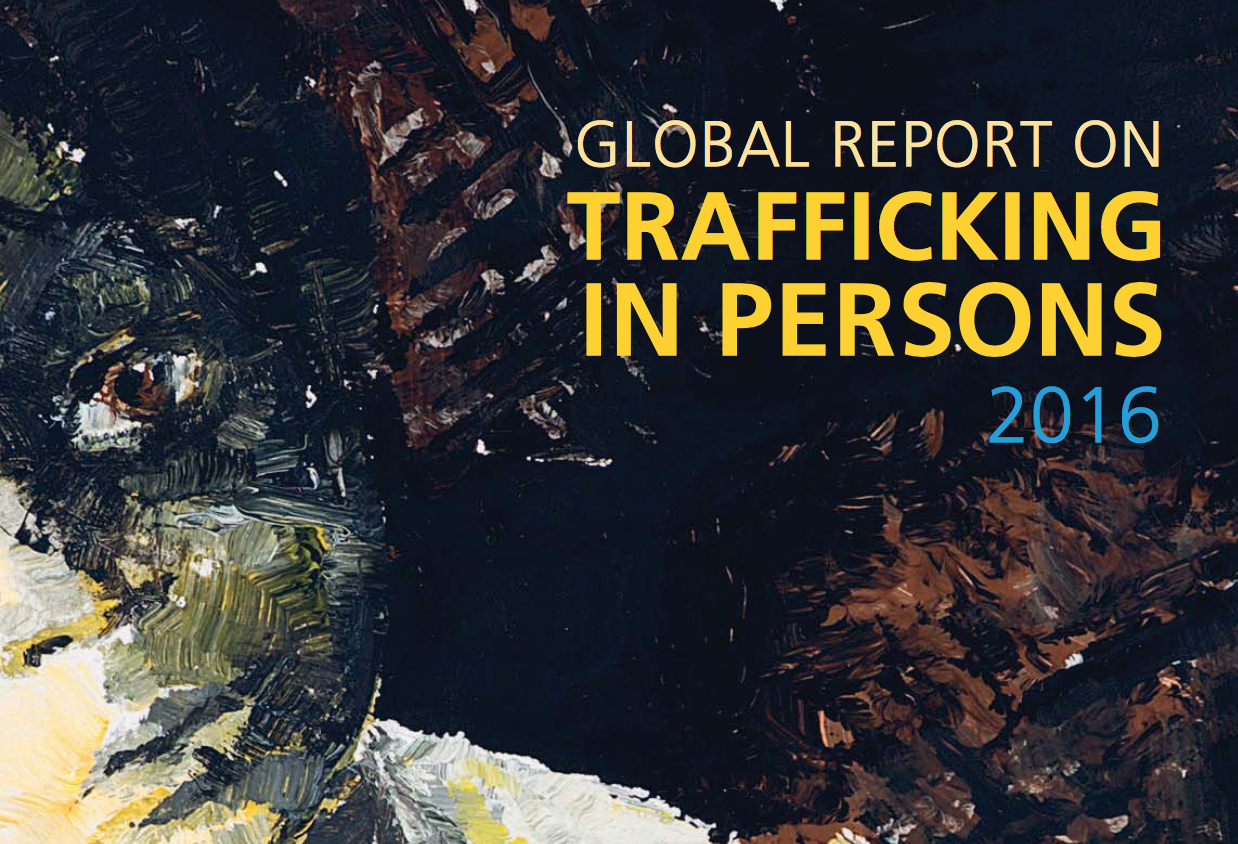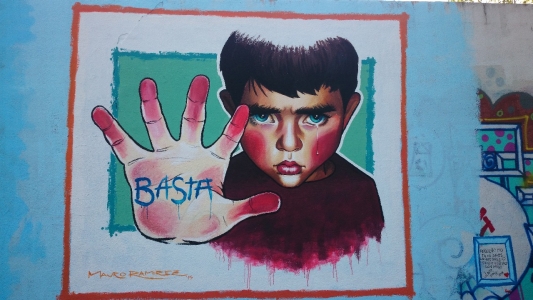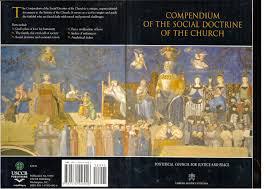Scientific and legal data
In the scientific world, we are used to thinking psychic states from their biological roots, sometimes even to reduce them to biology. But biologists have also been studying, for about twenty years, the influence of the psyche on biological reactions.
Scientific discoveries in the field of epigenetics[1] show that some genes are inhibited while others express themselves strongly, depending on the biological environment (in particular the distribution of genes in the genome) and the environment of the psyche, i.e. the behaviour of living beings themselves. For human beings, it is emphasized that nutrition, physical exercise, stress management, pleasure and social network can intervene on the mechanisms of epigenesis. This attests that the two fields of the biological and the psychic are in permanent reciprocal relation (it is important for the GPA!). Similarly, psycho-neuroimmunology studies the impact of psychological events on the immune system. Hence the words of scientist Joël de Rosnay: “Who would have thought, barely ten years ago, that the functioning of the body depended not only on the “DNA program”, but on the way we conduct our daily lives?
Epigenetics also opens new horizons: what humans will genetically transmit to their descendants could be the fruit, in part, of their own behaviour!
Current studies on brain plasticity also point to a close link between the functions of the living and the lived. The organization of neural networks plays on the experience but, in return, it changes according to the individual’s experiences. An ability of the brain to reshape connections between neurons by the formation or disappearance of synapses. Thus, exercising or re-educating one’s brain capacities (training-learning, therefore psyche) plays on the biology of the brain itself. The same goes for the regular practice of meditation which involves the spiritual part of the human being.
If the biological influences the lived, as we have been saying for a long time, the lived influences the biological! So, what the psychologist usually says, the biologist has only recently shown!
The problems this poses
A significant paradox between biotechnologists and biologists
Biotechnologists modify living organisms by striving to simplify them in order to better reconstruct, control and use them for certain purposes. They are looking to improve its basic functionalities or add others (see the Biotechnology fact sheet). This reduction from living to selected functionalities aims to get the maximum productivity from the “living machine”. Besides the ethical questions that this raises, in particular that of “utilitarianism”, can this simplified living correspond to a real improvement of the natural living? Indeed, paradoxically, the biologist discovers more and more that the living is complex: its evolution is influenced by the environment which affects even the expression of its genes; it belongs to ecosystems which modify it; it is plastic and can thus adapt, evolve, in short “living being”!
Thus, at a time when biology seems to be emerging from too strict a functionalism, it is now the turn of biotechnologies to risk locking itself in. This is essential in order to respond with objectivity and relevance to the technical and ethical challenges of the use of human technosciences! Taking care of the living” cannot be limited to increasing its functionalities to “perfect the machine”. Will the transhuman thus reduced to increased functionalities not in fact be impoverished in relation to humans? Respect for humans, including by trying to increase their capacities, is only possible in view of their complexity and the interpenetration of their biological, psychological and spiritual dimensions.
The “plasticity of life” refers to a dynamic tension between “robustness and vulnerability”, rigidity and malleability, invariance and transformation, and, more broadly, between invariance and historicity. It is a necessary and crucial condition for living organisms to evolve, with their metabolic, reproductive, organizational and informational characteristics. On the one hand, the robustness of a living organism defines its ability to maintain itself in the face of disturbances linked to its environment. On the other hand, it is influenced by this environment, hence its “vulnerable” aspect, regardless of the fragility linked to a disease or a disability. Thus the “invulnerable cyborg[2]”, called of their wishes by certain transhumanists, loses its capacity of adaptation by losing the “vulnerability” necessary to all living to evolve. For human beings, this vulnerability is linked to the biology-psychism-spiritual interactions in their ecosystems. Respecting it and taking care of it therefore consist in promoting robustness-vulnerability balance by allowing body-psychism-mind harmony in their environments. It is therefore appropriate to consider an ethic in which the vulnerable human being is the cornerstone.
Anthropological and ethical visions
This look of the modern biologist joins certain traditions of Christian anthropology, from Saints Paul, Irenaeus, Ephrem, Maximus the Confessor, and both Rhenish and Oriental mystics, who explain the unity of man “body-soul-mind”. Saint Paul writes: “May the God of peace himself sanctify you whole; may your spirit, your soul and your body be kept whole without reproach for the coming of our Lord Jesus Christ” (1 Thess 5:23). Saint Irenaeus, in the 2nd century, comments: “The flesh modelled (shaped by God, the Creator) alone is not the perfect man, it is only the body of man, therefore a part of man. The soul alone is no more the man, it is only the soul of man, therefore a part of man. Nor is the spirit the man, it is called the spirit, not the man. It is the mixture and union of all these things that constitute the perfect man” (Adversus haereses, V, 6, 1). It is a matter of distinguishing body-soul-mind but in a interpenetration of these three dimensions. So the body does not reduce itself to biological, it thinks and feels. Similarly, the soul which covers a principle of organization, animation and unity unifies the metabolisms, emotions and thoughts of the body. And the spirit appears as the “fine point of the soul”, where the Spirit of God speaks to man in his body and soul, as “being global”[3].
This comparison of today’s biology with this anthropological tradition indicates that one of the important ethical criteria for taking into account the impact of the use of biotechnologies on human beings will be that of respecting and promoting the unity of the corporeal, the psychic and the spiritual in their ecosystems. One could thus ask oneself the question of the impact of such or such technological intervention in terms of harmony or disharmony between these three dimensions, in order to favour the power of being oneself.
BIBLIOGRAPHICAL REFERENCES TO CONTINUE THE WORK
Tost, Epigenetics, Caster Academic Press, 2008.
Morange, “L’épigénétique”, Études, n° 4210, November 2014, p. 45.
de Montera, “Epigenetic heredity: a paradigm shift? “Bergson or Science, Philosophical Implications, 2014, pp. 27–49.
Lambertet R. Rezsöhazy, Comment les pattes viennent au serpent : essai sur l’étonnante plasticité du vivant, Flammarion, 2004.
Magnin, Penser l’humain au temps de l’homme augmenté, Albin Michel, 2017, ch. 4.
by Rosnay and Fabrice Papillon, Et l’homme créa la vie, LLL, 2010.
J.-M. Besnier, L’homme simplifié. Star Touch Syndrome, Fayard, 2012.
February 2, 2018
———————————————————————
[1] Par la génétique, on étudie le génome et son environnement biologique. Cet environnement a une telle influence sur l’expression des gènes (et non sur leur structure interne) qu’il mérite d’être étudié pour lui-même : c’est l’épigénétique.
[2] Fusion homme-machine, ce qui est encore plus que l’hybridation homme-machine.
[3] Voir Congrégation pour la doctrine de la foi, Instruction Donum Vitae, 22 février 1987, introduction, 3, qui parle de « totalité unifiée » pour évoquer la personne humaine.







